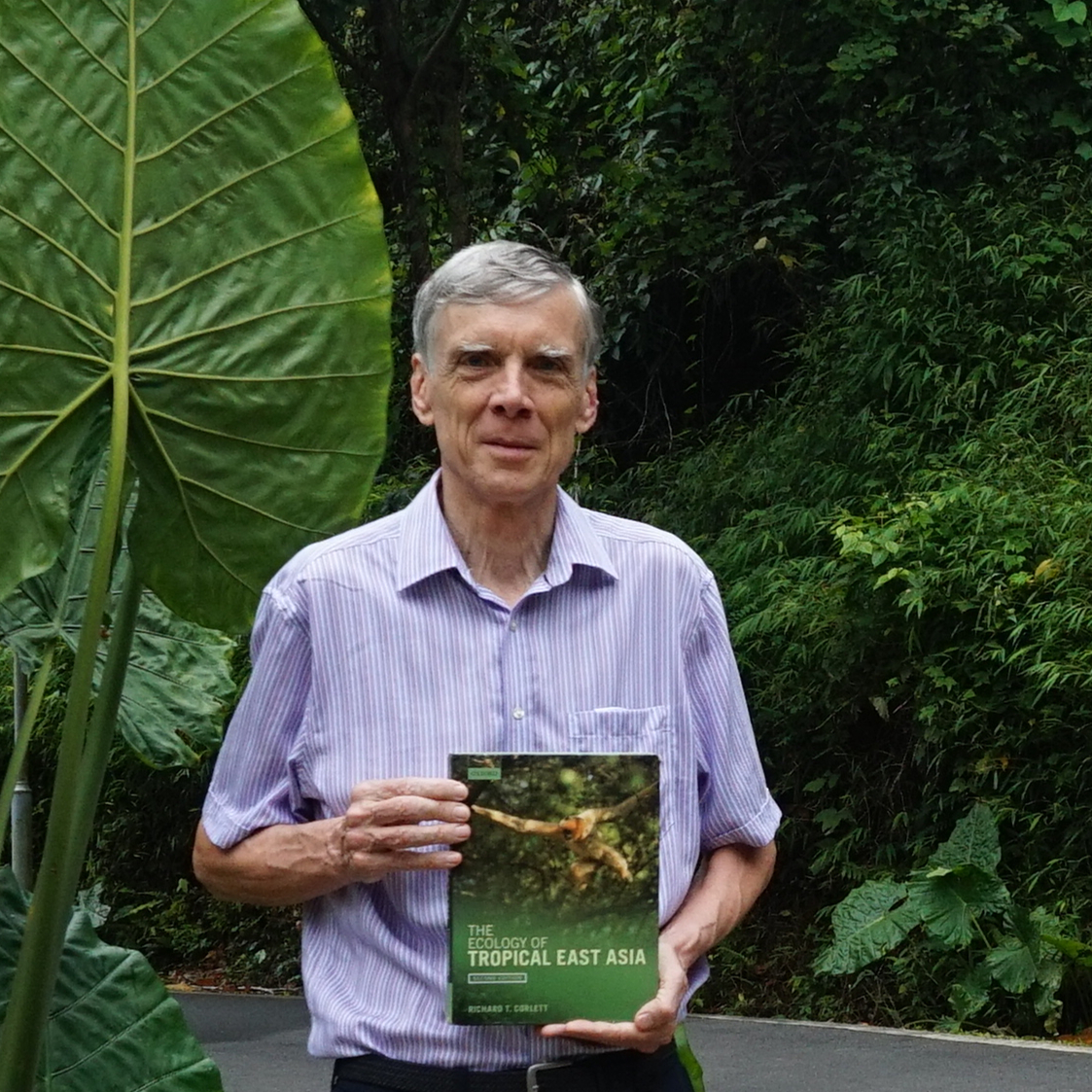KUNMING, Oct. 14 (Xinhua) -- In the words of Richard Corlett, a world-renowned British conservation biologist, it was China's sincere commitment to biodiversity conservation that brought him to the country's Yunnan province in July 2012.
Before then, Corlett had studied tropical plants for over three decades in Southeast Asia. After receiving an invitation from the Xishuangbanna Tropical Botanical Garden under the Chinese Academy of Sciences, he happily packed his bags and embarked on a new research journey.
"It's a wonderful place," Corlett said of the Garden. "It's this combination of a botanical garden ... (and a place of) cutting-edge research where we compete with the rest of the world, where you have exciting findings every day."
Established in 1959, the Garden is both a treasure house of biodiversity and a leading research center. It boasts over 13,000 species of plants, including a large tropical forest, covering an area of 1,125 hectares in total. Scientists working here have stunned their counterparts worldwide on multiple occasions with outstanding academic results.
The 70-year-old biologist first visited the Garden 30 years ago, when a lack of funds was hindering the development of research institutions in the country, he recalled. Today, it is a magnet for global talent in relevant research fields, with over 110 scholars and students from 43 countries and regions working or studying here.
Corlett attributed this success to China's opening-up and reform, growing global influence, and its unremitting efforts in strengthening international cooperation in biodiversity conservation.
Such efforts have brought remarkable achievements. Since 2015, the Garden has joined hands with scientists in Myanmar and Laos to carry out several cross-border expedition trips, during which more than 700 new species of animals and plants were discovered.
Under Corlett's leadership as the director of the center for integrated conservation of the Garden, his team has become a significant player in tropical biodiversity conservation research in the Greater Mekong Subregion.
In 2016, Corlett received the Friendship Award from the Chinese government for his outstanding contribution to biodiversity conservation in China.
The 15th meeting of the Conference of the Parties to the Convention on Biological Diversity (COP15) is being held in Kunming, the provincial capital of Yunnan. Corlett believes that the key UN biodiversity meeting will enable countries around the world to further acknowledge the need for ecological protection and sustainable development and promote the establishment of a practical post-2020 global biodiversity framework based on broad consensus.
He said that Yunnan's achievement in protecting its rich biodiversity resources makes it a perfect place to host the meeting, which also reflects China's progress in this area as a whole.
Corlett is impressed by concrete conservation actions led by the Chinese government, such as setting up ecological red-line zones and establishing national parks, which set examples for countries globally in reversing the common crisis of rapid biodiversity loss.
Corlett particularly hailed the China-proposed ecological civilization philosophy, which is also highlighted in the theme of COP15. "It's not simply a scientific idea. It's a policy push."

British conservation biologist Richard Corlett (C) holding his book Ecology of Tropical Eact Asia at the Xishuangbanna Tropical Botanical Garden under the Chinese Academy of Sciences in southwest China's Yunnan Province. (Xinhua/Song Chen)
URL: http://www.news.cn/english/2021-10/14/c_1310244927.htm

